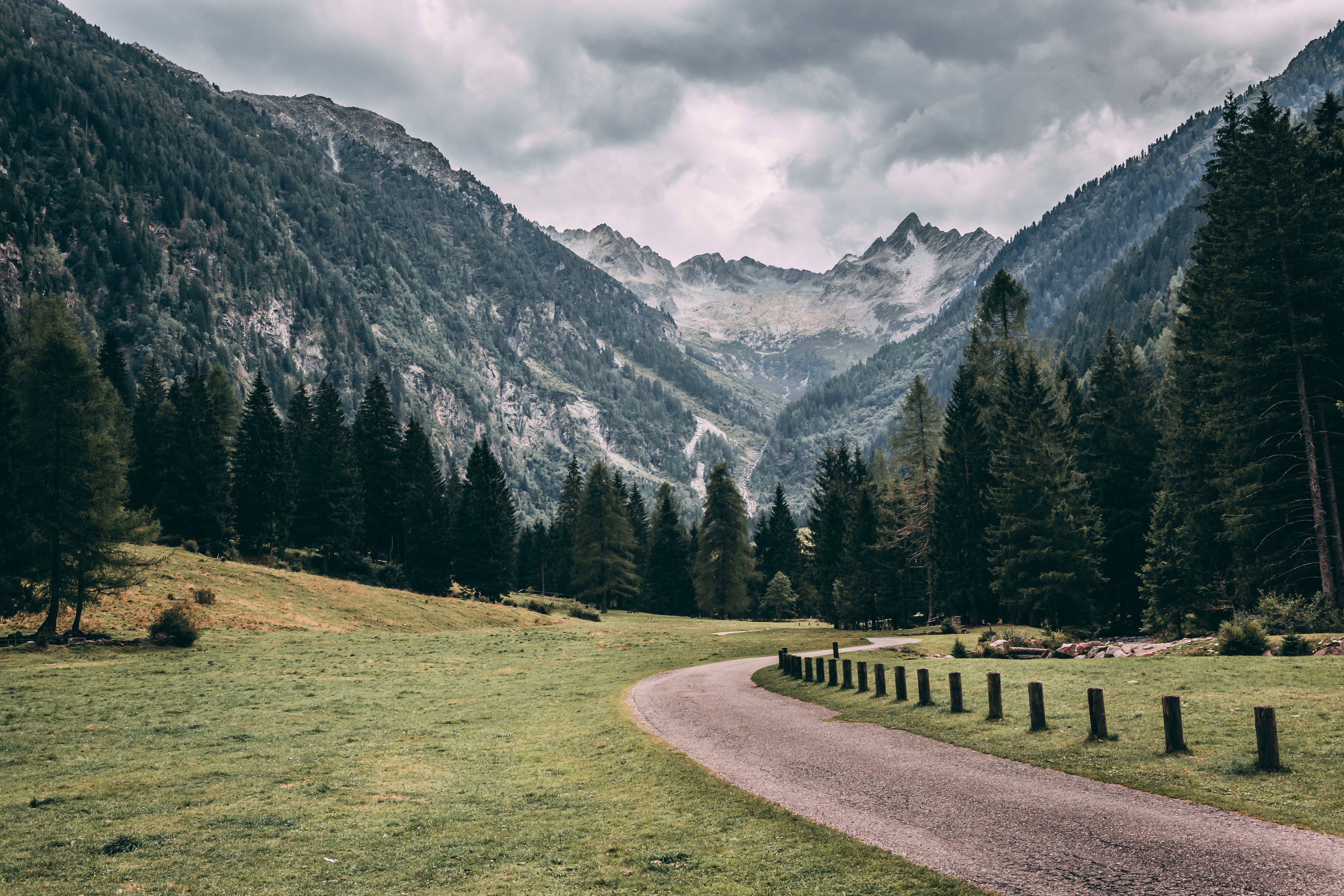My schoolmate Daniel Wunderer recently invited me to participate in a Blog parade on goals. Olaf Kapinski started the blog parade in his live and lead podcast. The question he asked was: „Big goals or small goals?“ My spontaneous answer was „Neither of them. The journey is the reward!“. After thinking more through it, I think both have their benefits and combine very well. I’ll use a road trip or journey to illustrate the point.
Life’s journey or life’s goals?
What are big goals? The biggest goals are probably life goals. Could be something like „I’m a millionaire at 40“ or „I would like to have two children at 35“. I never felt a desire to define big life goals. I don’t know why it’s like that. Maybe because you can’t always control the destiny and life has its surprises? In my early twenties I wanted to be 40 years old before I become dad so I can enjoy life before. Now I’m 38 and have two boys with 12 and 9 years. I’m enjoying life anyway. Certainly different from what I imagined, but is it worse than the other option? To judge this, I would have to have a direct comparison and it doesn’t exist. It’s hard to live two lives in parallel. So how do I control the journey of my life? How do I set direction?
Finding a path
Let me use this blog as an example. Earlier this year I stumbled across Mutbank on Twitter. An exchange developed with Werner, the father of the idea. He asked me to post my thoughts as a blog post on the Mutbank website. When re-activating my WordPress account I found the blogging university and signed up for a 14 day challenge on blogging. Since then, blogging is an integral part of every week. It has become a thinking and reflection tool for me. Obviously it was also valuable for some people, who liked my posts. I never started with a goal that I want to become a successful blogger. Now that I got attracted to blogging I set some goals on number views and followers I want to reach till end of the year. I definitely want to reach more people and make an impact on companies. I believe the next era of business needs a different way of work and so I want to help change it.
How to set big goals?
So how to set big goals? Let’s have a look on annual goals I set in my professional life. I set annual targets for my team and myself. These can be a translation of my organization’s business goals. It also can be goals on how to make my team more effective, e.g. by automation. It also can be personal goals, e.g. to learn a new skill or develop my network. So are big goals helpful? I must confess that it is not always easy to achieve the objectives. Some goals fall victim to priority decisions, some goals are not reached because the hurdles were bigger than expected and I personally set myself more goals than can realistically be achieved. Does this mean that big goals don’t work? I think that big goals are helpful. They provide orientation. But for me it doesn’t make much sense to work out a big goal down to the last detail. In addition, it is usually difficult to measure a big goal, because there are still many unknown things and surprises. It is complex. What helps me is the OKR method. These bigger goals are objectives, than can span multiple quarters or even years. They can be very high-level and still a little bit vague.
If you would like to learn more about OKR, I recommend this video from Google ventures. It is 1 hour 29 mins, but worth it. Alternatively search the internet for OKR and you’ll find plenty of resources:
Video-Link: https://www.youtube.com/watch?v=mJB83EZtAjc
And where do small goals make sense?
What’s a small goal now? I have no idea where the line is drawn. For example, I decided to publish a blog post twice a week. I’d classify that as a small target. It is easy to measure, sounded like a challenge, but at the beginning it was hard to tell if it is feasible. I didn’t know how long it would take me to get a post together. I didn’t like writing much either. But I got better at it, learned some new techniques and it became a behavior. In the OKR method these are the key results. A key result supports the objective and is measurable and ambitious. Trust me, two posts a week is a stretch! Now I can add another key result on how to increase the number of visitors.
